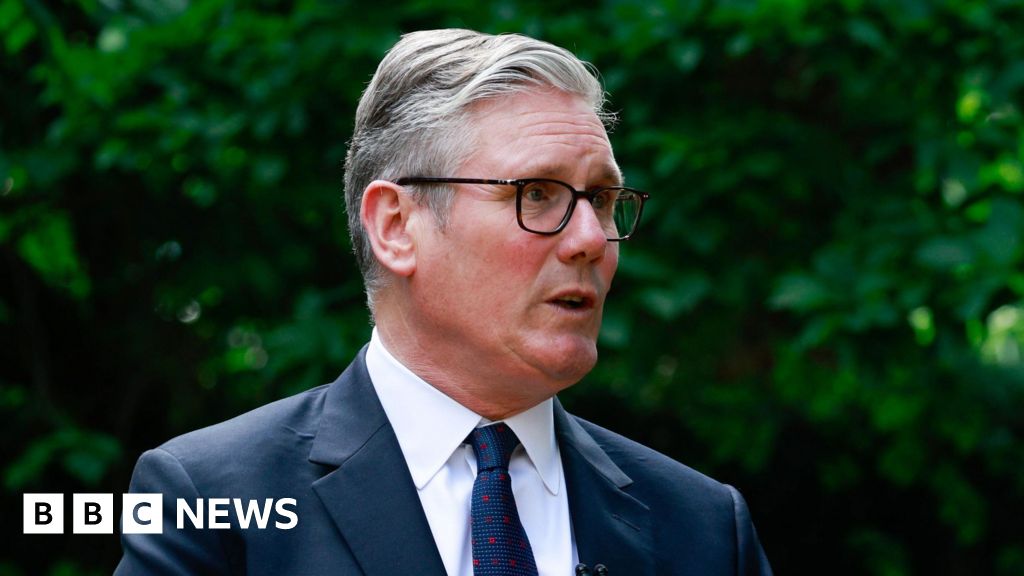She told MPs that the Shein does not own any factories or manufacturing facilities, but works with a large network of suppliers, mostly in China, but also in Turkey and Brazil.
She added that the firm complied with “laws and regulations in the countries we operate in”.
China has been accused of subjecting members of the Uighur, a mainly Muslim ethnic minority, to forced labour. In December 2020, research seen by the BBC showed that up to half a million people were being forced to pick cotton in Xinjiang, but Beijing has denied any rights abuses.
The allegations have led to some big fashion brands, including H&M, Nike, Burberry and Adidas, removing products using Xinjiang cotton, which has led to a backlash in China, and boycotts of the companies.
In his letter to the LSE, external, Byrne, a Labour MP, said: “The committee was profoundly concerned at the lack of candid and open answers to some extremely simple, basic questions about the integrity of Shein’s supply chain.
“In the light of this I would be grateful if you would let me know what checks, if any, the London Stock Exchange has in place to authenticate statements by firms seeking to list, with particular regard to their safeguards against the use of forced labour in their products.”
Byrne also wrote, external to the boss of the Financial Conduct Authority, Nikhil Rathi, to ask what checks the watchdog itself has in place to ensure UK-listed companies disclose “legal risks”.
Shein has been contacted for comment following the letters.
Credit: Source link











